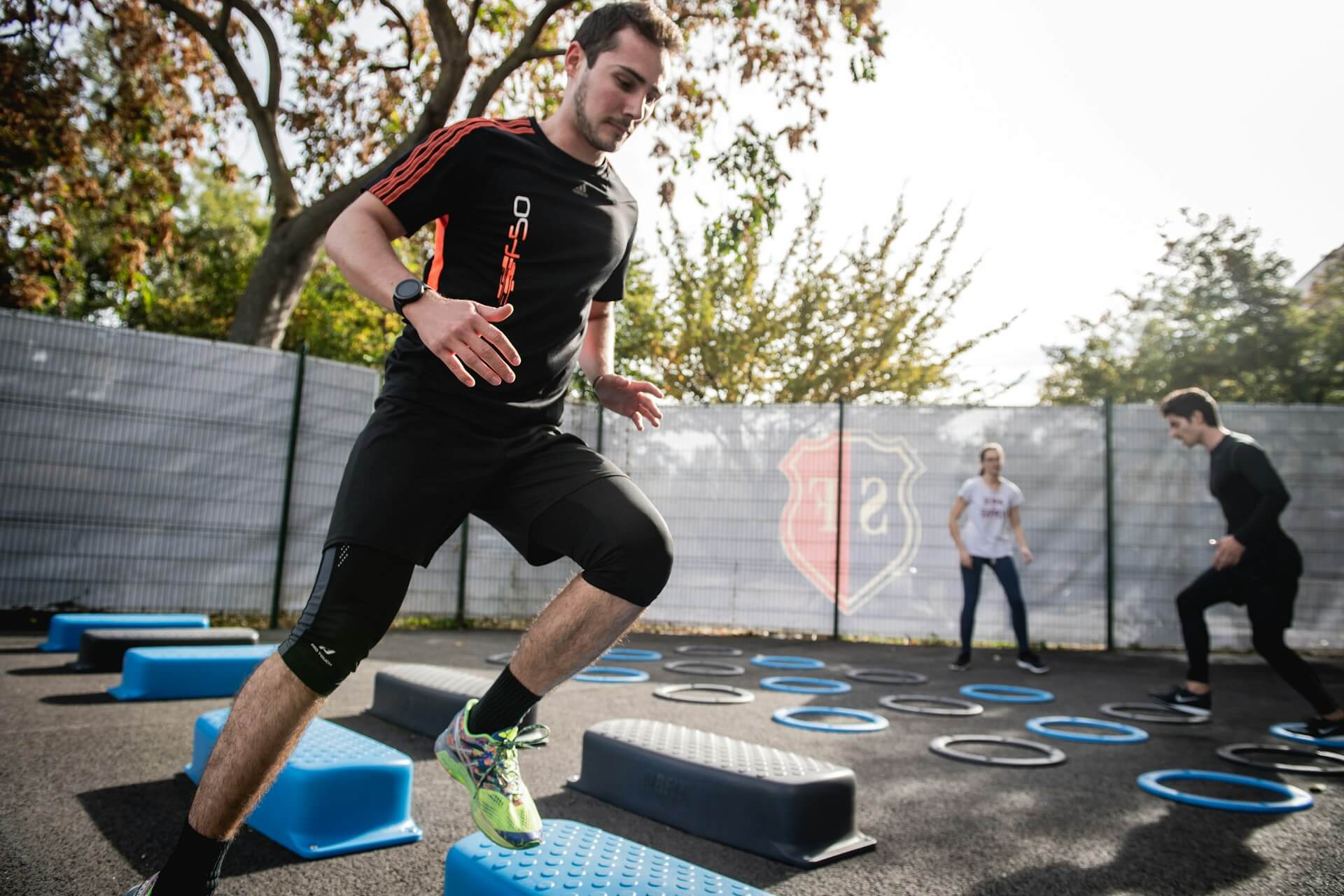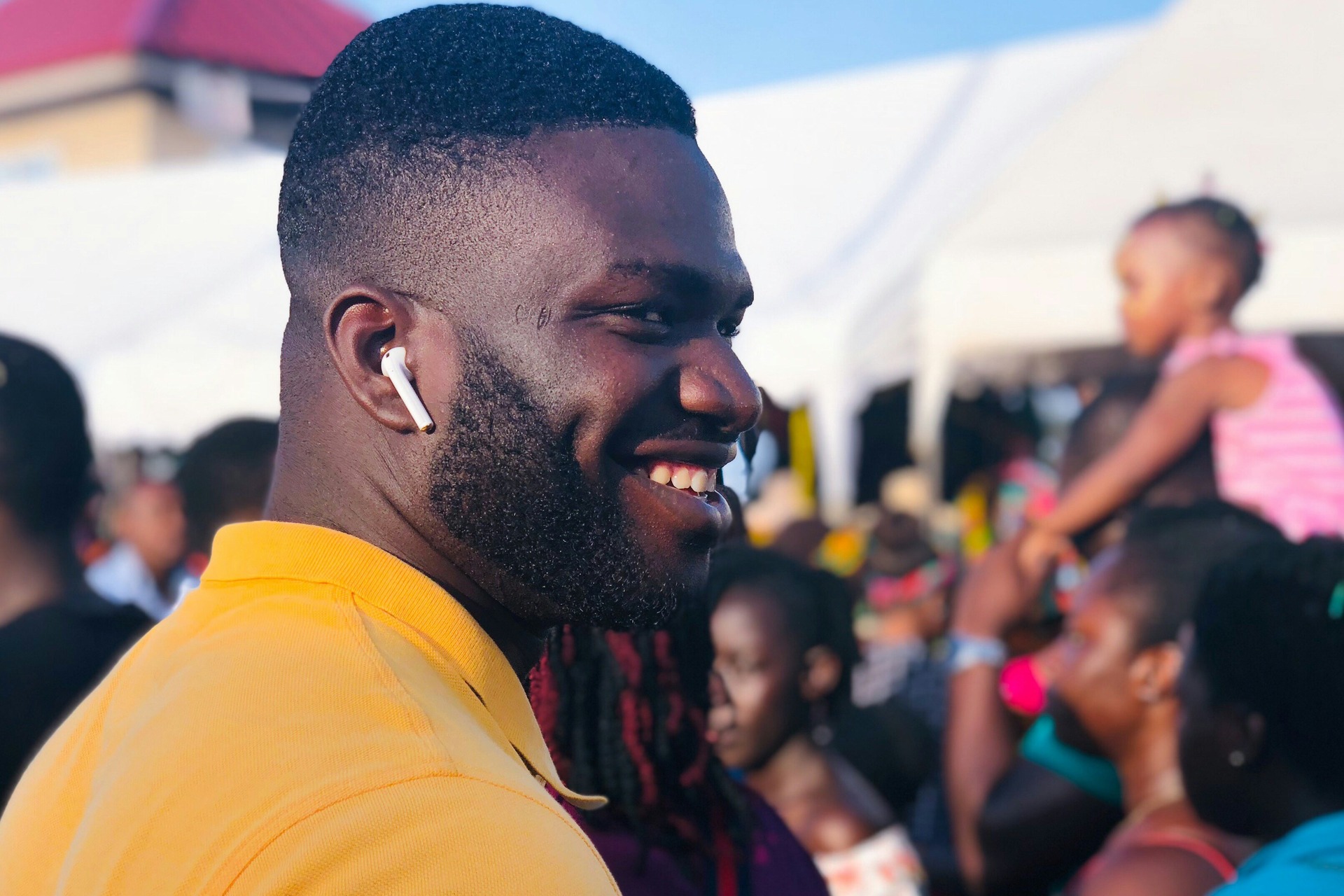Why You Should Do Mobility Exercises And 10 You Should Try
Feb 23, 2024
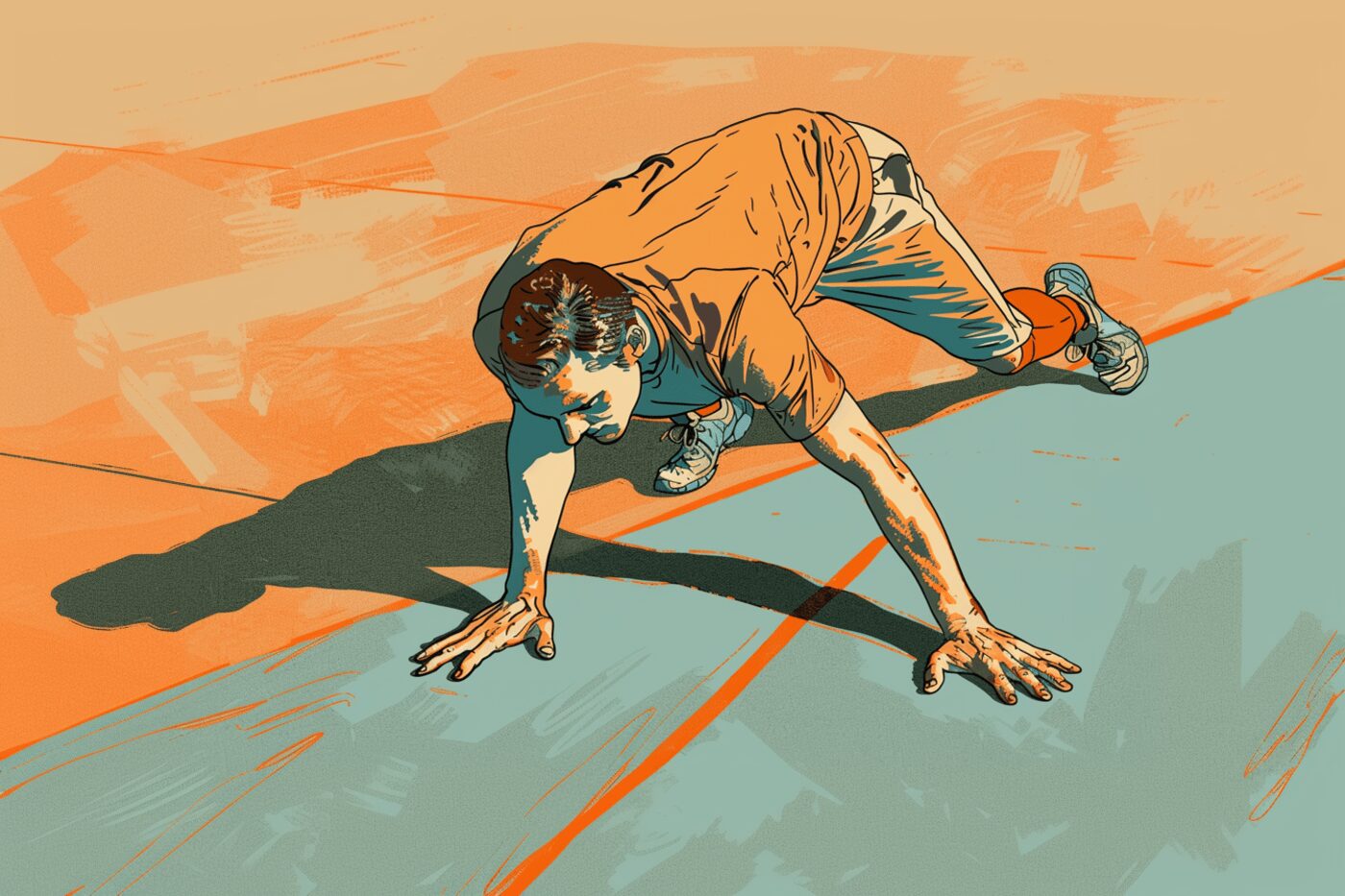
As an Amazon Associate, Modded gets commissions for purchases made through links in this post.
Most guys neglect pre and post-workout stretching, moving straight into the weight section of the gym or running without warming up. However, this does more harm than good. Failing to do full body mobility exercises can set you up for injuries and poorer performance, decreasing your overall athletic abilities.
The Benefits of Full Body Mobility Exercises
Spending some time at least two to three times a week to work on some mobility exercises can provide many mental and physical benefits. Some of the most notable benefits of incorporating stretching and full body mobility exercises into your routine include:
Improved Flexibility
Doing mobility exercises regularly can make a big difference to your flexibility. This improved flexibility means you’ll have a greater range of motion in your joints, making your daily activities and workouts easier and more efficient.
Injury Prevention
Mobility exercises reduce your risk of injuries by improving your flexibility and enhancing your joint health. Flexible muscles and joints are less prone to strains and sprains during your training sessions.
Enhanced Performance
Better flexibility and joint mobility directly contribute to improved athletic performance. Increased mobility can enhance your skills and efficiency, whether you’re into weightlifting, running, swimming or team sports.
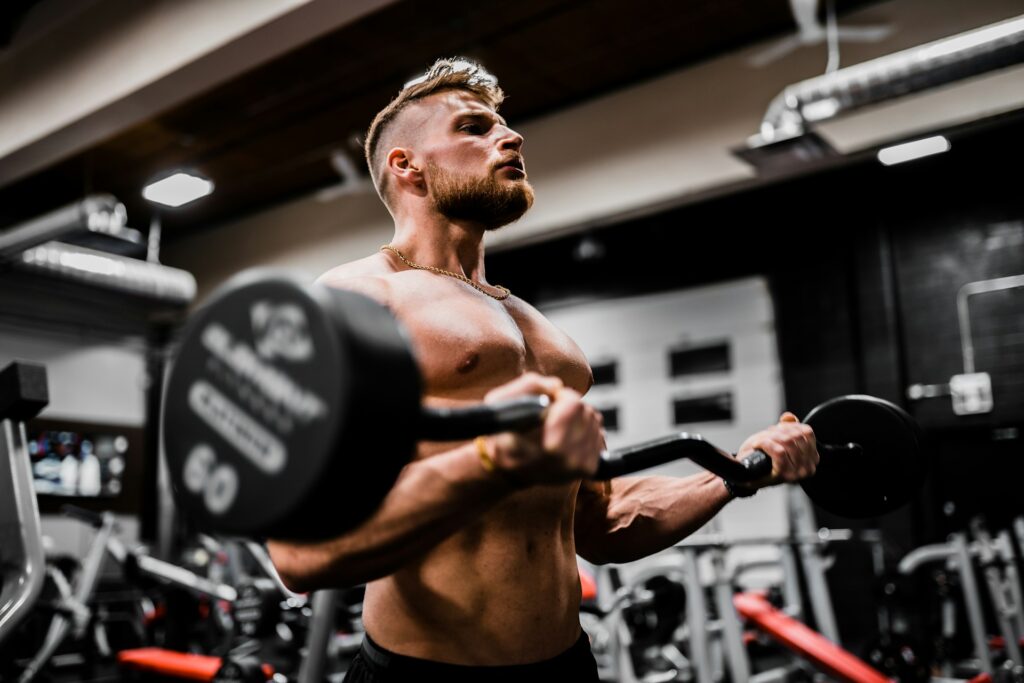
Posture Correction
Many men spend long hours sitting at desks or engaging in other activities that can contribute to poor posture. The average American spends between six-and-a-half and eight hours a day sitting down, typically hunched over a computer. Mobility exercise can correct imbalances and align your spine, reducing the risk of chronic pain and discomfort.
Joint Health
As you age, your joints become stiffer. Once you hit the age of 50, your bones break down quicker than they form, placing you at a much higher risk of osteoporosis. Full body mobility exercises promote the health of your joints by enhancing synovial fluid circulation. This fluid lubricates your joints, reducing friction and wear, maintaining joint health as you age.
Muscle Activation
These movements stimulate the muscles and connective tissues, ensuring they’re ready for more intense activities. Improved muscle activation can contribute to better workout performance and muscle development.
Mind-Body Connection
Mobility workouts —- particularly yoga-based stretches — strengthen your mind-body connection. A solid mind-body connection can lower your blood pressure, reduce feelings of anxiety, improve digestion, assist with pain management and enhance your cognitive function. Improved cognition is associated with better memory, brain health and an increased attention span.
Stress Relief
Stress can cause a multitude of mental and physical symptoms, such as anxiety, headaches, weight gain and heart disease. Approximately 58% of American adults between the ages of 35 and 44 report high levels of stress.
Mobility exercises typically involve deep breathing and relaxation techniques. These exercises assist with flexibility and contribute to stress relief, promoting your well-being.
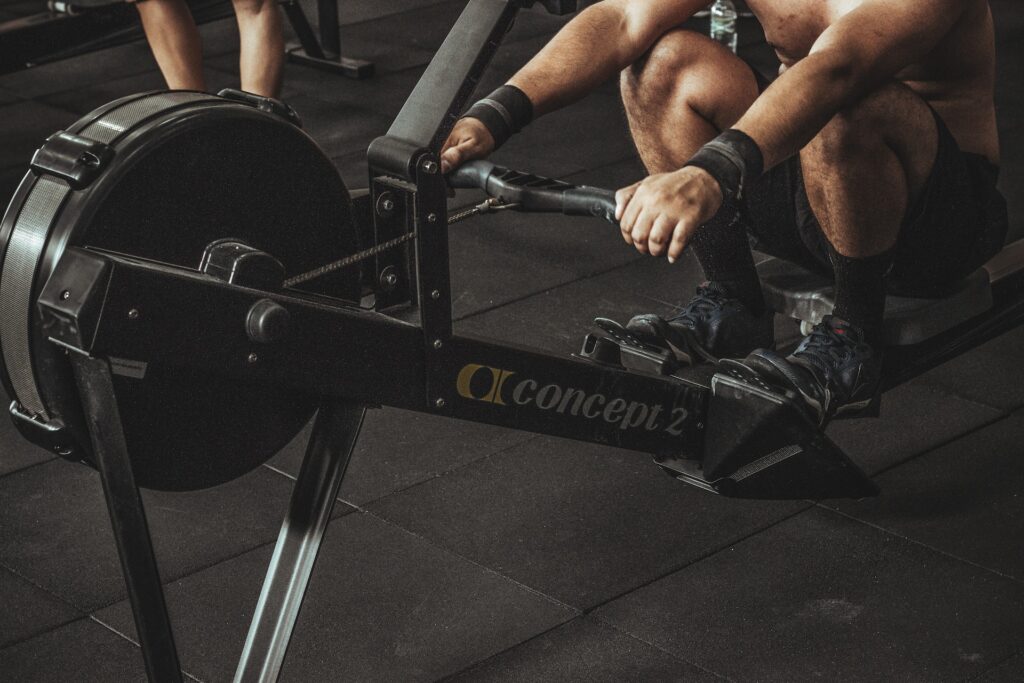
Better Circulation
The movement involved in mobility exercises promotes blood flow throughout your body. Improved circulation has a range of health benefits, including better nutrient delivery to your muscles and organs, as well as protecting you against the risk of strokes.
Functional Fitness
Mobility exercises often mimic real-life movements, making them highly relevant to daily activities. It can enhance your functional fitness, making it easier to perform everyday tasks, like picking up objects, walking up stairs and getting up after being seated for long periods of time.
10 Mobility Exercises for Stiffness
Making mobility stretches a part of your routine is crucial to prevent injuries, improve performance and prioritize flexibility. These 10 effective strategies can be incredibly beneficial for runners, weightlifters and other athletes:
- Hip Flexor Stretch
Start in a lunge position with your right foot forward and left foot extended behind you. Lower your hips toward the ground, feeling a stretch in the front of your left hip.
- IT Band Stretch
Stand with your feet hip-width apart. Cross your right leg behind your left and lean to your left side, reaching your right arm overhead. You should feel a stretch along the outside of your right hip and thigh.
- Calf Stretch
Stand facing a wall and place your palms flat against it. Extend one leg straight back, keeping it fully extended. Keep your heel on the ground and press your hips forward until you feel a stretch in your calf.
- Quad Stretch
While standing, lift your right foot toward your glutes, grabbing your ankle with your right hand. Keep your knees close together, and push your hips forward slightly.
- Ankle Mobility Drill
Sit on the floor with your legs extended straight. Rotate your ankles in one direction and then in the other. Perform 10-15 circles in each direction for each ankle. This motion improves ankle flexibility, which is essential for a fluid running gait.
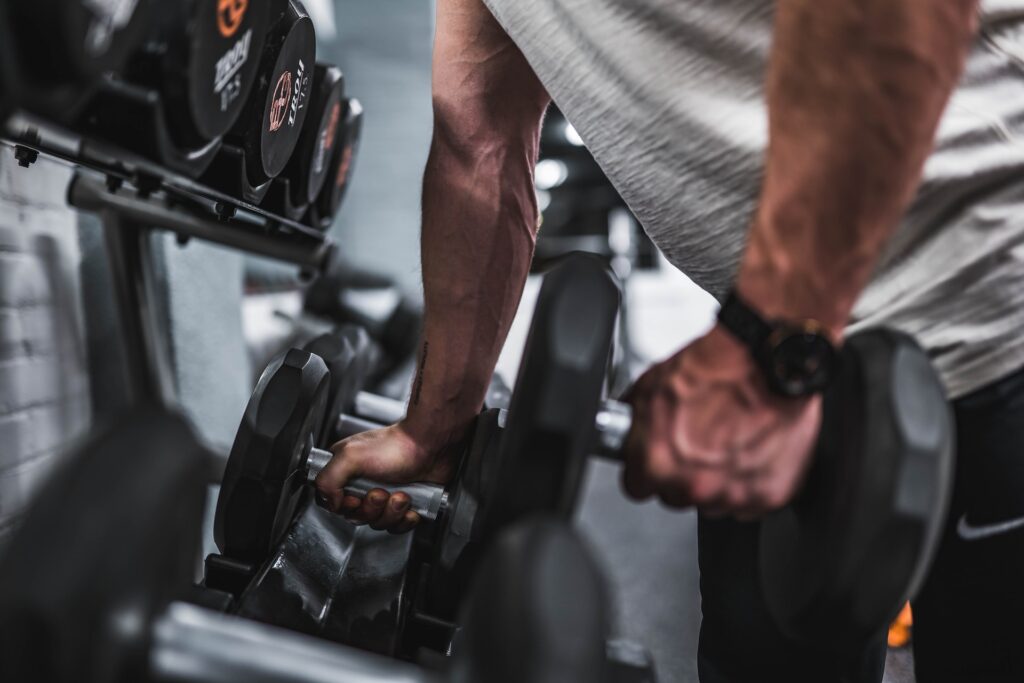
- Hamstring Stretch
Sit on the floor with one leg extended straight and the sole of the opposite foot against the inner thigh. Reach forward toward your toes, keeping your back straight.
- Dynamic Leg Swings
Stand next to a wall or support for balance. Swing one leg forward and backward in a controlled manner. Repeat for 10-15 swings on each leg. This movement improves hip flexibility and warms up the leg muscles.
- Groin Stretch
Sit on the floor with the soles of your feet together, allowing your knees to fall to the sides. Gently press your knees toward the floor using your elbows.
- Lateral Leg Raises
Lie on one side with your legs stacked on top of each other. Lift your top leg toward the ceiling, then lower it back down without letting it touch the bottom leg. Perform 10-15 raises on each leg to loosen the hip flexors.
- Upper Body Twist
Sit or stand with your back straight. Twist your upper body to one side, reaching back with the opposite hand. This motion improves mobility in the spine.
Hold all stretches for 15-30 seconds and then switch sides.
Take Your Training to the Next Level
When it comes to staying fit, preventing injury and prioritizing performance, mobility should be a number one priority. Give just a few of these stretches a go and watch as your performance and agility skyrockets — setting you up for athletic success.


